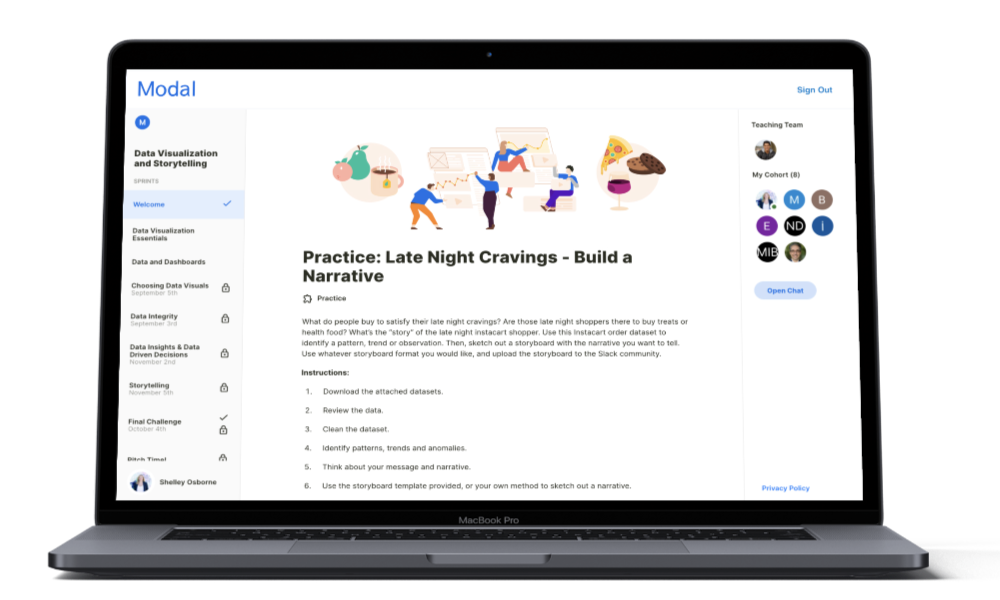
HR and payroll software company Paylocity has agreed to acquire corporate spend startup Airbase for $325 million, the companies announced Wednesday.
The deal is subject to regulatory approval and is expected to close in the first or second quarter of Paylocity’s fiscal year, which would be sometime in the next 30 to 60 days. It is being funded by borrowings under Paylocity’s revolving credit facility.
It’s a decent exit for seven-year-old Airbase, which was founded by Thejo Kote in 2017 to provide software to midsized companies seeking to better manage their spending. Its platform included bill payments, corporate cards, and employee reimbursements, among other things.
The San Francisco-based fintech company had raised just over $100 million in equity funding since inception from investors such as Menlo Ventures, Bain Capital and First Round Capital, among others. According to PitchBook, Airbase was valued at $600 million post-money in 2021 at the peak of the market.
Headquartered in Schaumburg, Illinois, Paylocity is publicly traded and, according to Yahoo Finance, has a current market capitalization of just under $9 billion, with about 40,000 customers. The company in a statement said the addition of Airbase would help it expand its total addressable market beyond human capital management (HCM) and “further into the office of the CFO.”
Kote told TechCrunch the decision wasn’t easy but made sense in the end.
“Airbase has many years of runway and a clear path to profitability, but I was ultimately convinced by the fantastic opportunity to create a unified HCM and Finance platform for the mid-market — leveraging Paylocity’s size and scale to bring Airbase to a much larger audience.”
A source familiar with the deal who wished to remain anonymous told TechCrunch that the structured deal does not include all of the cash on Airbase’s balance sheet, which goes back to the company, shareholders and employees. Including that, the entire value of the deal is actually “a little less than $400 million,” the source said.
Airbase has just over 300 employees. It is not yet known how many will be joining Paylocity. The company over the years has competed with the likes of Ramp and Brex, with a focus on selling software from its early days. At one point, it said it surpassed “eight figures” in annual recurring revenue (ARR), although the company has not shared exact numbers.
This isn’t the first exit for Kote, who in 2017 sold Automatic to SiriusXM for over $100 million.
Want more fintech news in your inbox? Sign up for TechCrunch Fintech here.
Want to reach out with a tip? Email me at [email protected] or send me a message on Signal at 408.204.3036. You can also send a note to the whole TechCrunch crew at [email protected]. For more secure communications, click here to contact us, which includes SecureDrop and links to encrypted messaging apps.

